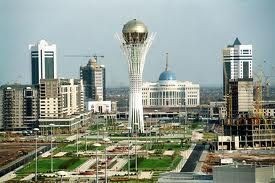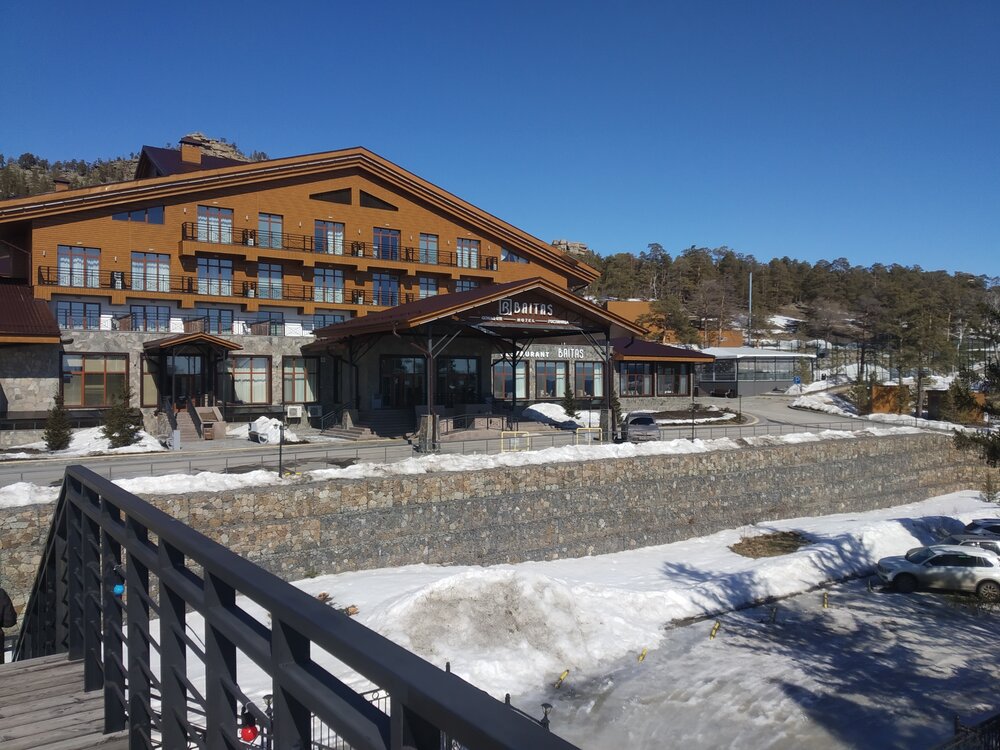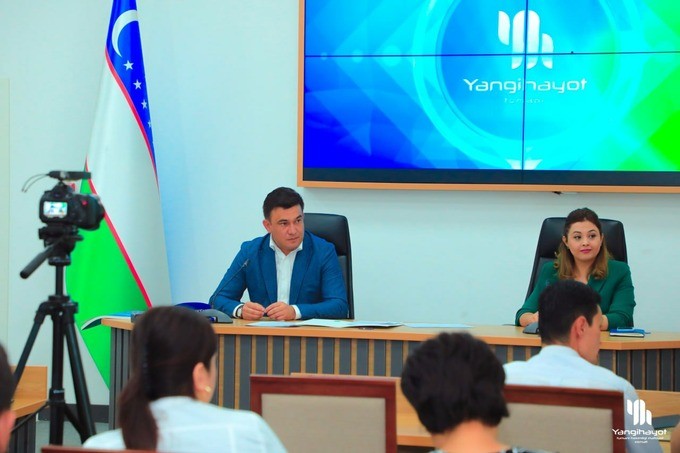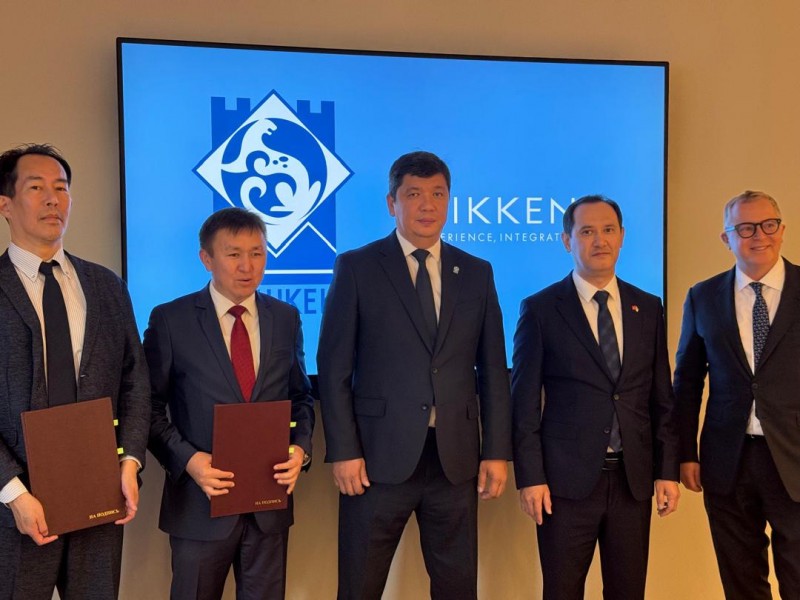ASTANA (TCA) — The United Nations Development Programme (UNDP) in Kazakhstan in cooperation with the United Nations Economic Commission for Europe (UNECE) and with financial support from the Global Environment Facility (GEF) on May 18 organized a special session at the Global Challenges Summit (Astana Economic Forum) 2018 (AEF) called “Urban ratings of the quality of life in Kazakhstan”.
According to statistics, in 2016 urban population in Kazakhstan reached 57%. However, this process is still considered as slow. Kazakhstan aims to increase the proportion of urban population by 2050 to 70% and to be listed as one of the 30 most developed countries. Cities are the driving force of economic growth in Kazakhstan, and there is an urgent need for a more effective and sustainable urban development policy. What should we do to make our cities not only economically developed but also convenient and comfortable for a living? This and many other questions were discussed at the event dedicated to solving current issues of urban development in the modern world and promoting the Global Agenda 2030 in Kazakhstan and beyond.
The UNDP Kazakhstan piloted more than 15 energy efficient (or low carbon) technologies in 11 cities over the past 10 years; helped to refurbish and retrofit 50 buildings; introduced a new transport system in Almaty – the biggest city of this country – improving air quality and providing additional 4000 million tons of carbon reduction. Moreover, an innovative financial scheme to incentivize credits for low-carbon projects was recently launched in 15 cities across the country.
By the end of the discussions, urban authorities were given recommendations on how to ensure the sustainability of cities in combination with improving the quality of life of the urban population. In particular, the agenda explored issues of whether it is important to limit internal migration into cities to prevent uncontrolled growth of certain cities and abrupt shrinking of others; how can one increase local budgets to resolve social problems in cities; how can one achieve the kind of town management which focuses on people and their well-being; how can people participate in the management of their micro-districts or townships; how can we help make cities more affordable, providing both quality and quantity; how can we help provide energy efficiency and sustainability of buildings to extreme weather conditions and natural disasters and others.
Experts recommend to develop and strengthen networks and cooperation between cities — both at the country level and at the international level. It is necessary to promote national or regional cross-sectoral platforms for cooperation and accession to international urban networks, such as the “Covenant of Mayors” and others.









